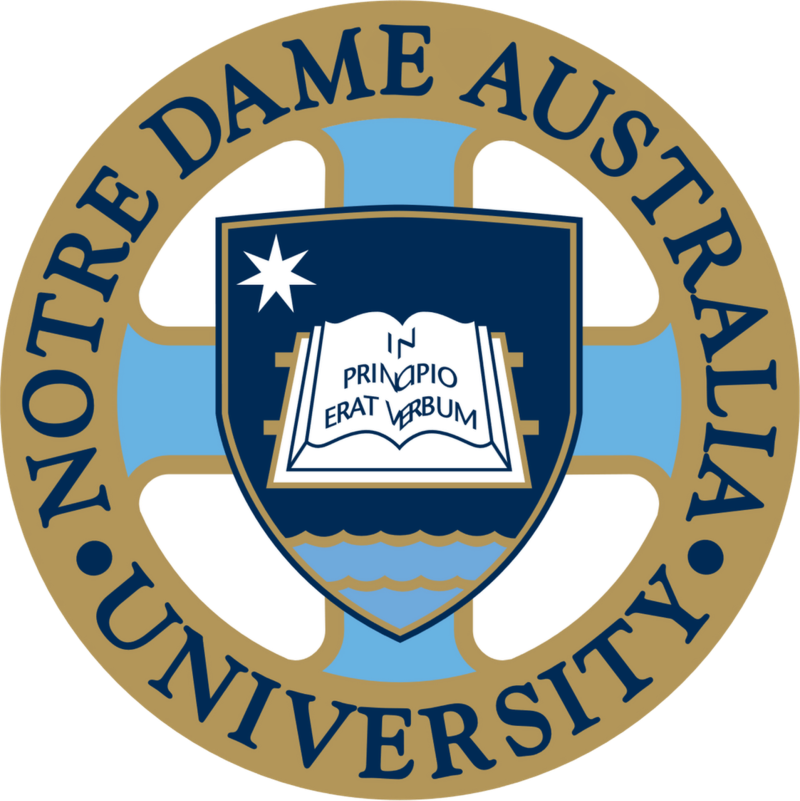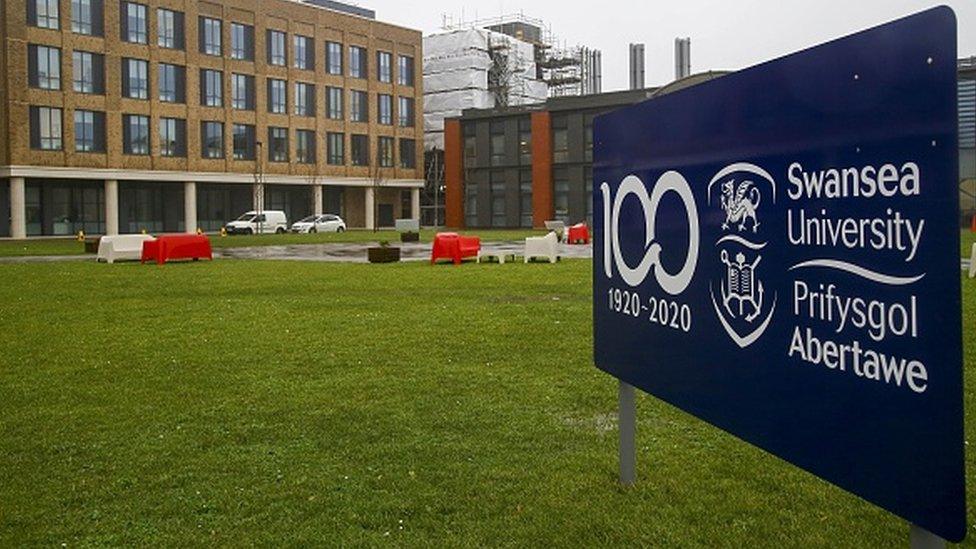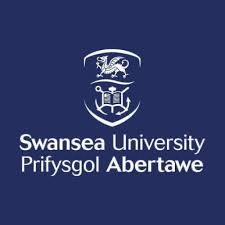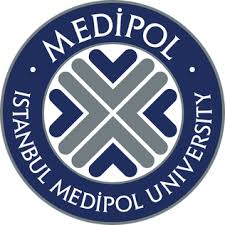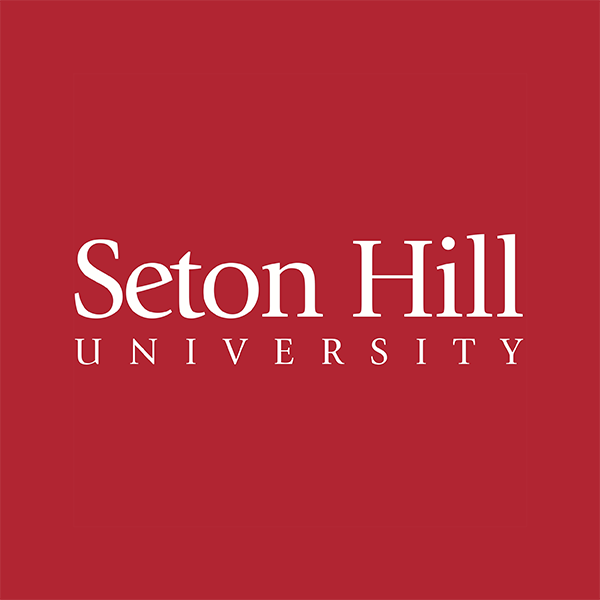
Medicine and Surgery
Cefalù Campus, Italy
Overview
The mission of the MSc in Medicine and Surgery is to train future doctors by providing them with a solid knowledge in biology and physiopathology. Future graduates should be able to manage all phases of the clinical pathway, using skills acquired through an interdisciplinary programme developed in different medical fields. This programme will be characterised by the centrality of the individual as the focal point and an anthropological understanding that recognises the dignity of the human person, paying particular attention to the reality of the sick and the value of suffering.
Special attention will also be paid to Gender Medicine, defined by the World Health Organization (WHO) as the study of the influence of biological (sex-defined), socio-economic and cultural (gender-defined) differences on the health and health status of each individual. The aim is to fully integrate this perspective into the training of future doctors, making them competent as well as aware of the centrality of a gender-specific approach in the processes of prevention, diagnosis, and treatment.
The characteristics of the doctor to be trained include:
Good interpersonal skills (communication skills);
Ability to self-learn and self-evaluate (continuing education); graduates should have developed the learning skills to continue learning in a self-directed manner, critically evaluating information and new knowledge;
Optimal management of a good archive of their medical practice for subsequent analysis and improvement;
Ability to independently analyse and solve problems related to medical practice and good clinical practice based on scientific evidence (evidence-based medicine);
Ability to correctly collect, organise and interpret health and biomedical information from various available resources and databases, such as clinical data management systems;
The habit of updating knowledge and skills and the methodological and cultural foundations for the autonomous acquisition and critical appraisal of new knowledge and skills (continuing professional development);
Good practice in interdisciplinary and interprofessional working (interprofessional education);
In-depth knowledge of the methodological foundations necessary for a correct approach to scientific research in the medical field, together with the autonomous use of information technology indispensable in clinical practice and an understanding of the applications as well as limitations of information technology;
Demonstrate basic skills and appropriate attitudes in teaching others;
Demonstrate good sensitivity to cultural and personal factors that enhance interactions with patients and the community;
Communicate effectively both orally and in writing;
Summarise and present information appropriately to people and be able to discuss achievable and acceptable action plans that represent priorities for individuals and the community.
Similar Programmes
BA of Biomedical Science BA of Health Promotion
University of Notre Dame, City of Perth, Australia
Earliest Intake
October 2024
Gross Tuition
36975 A$
Medicine (Graduate Entry), MBBCH
Swansea University, Swansea, United Kingdom
Earliest Intake
September 2025
Gross Tuition
46050 £
Discount
Opticianry
Medipol University, Beykoz, Turkey
Earliest Intake
May 2025
Gross Tuition
1350 $
1215 $
Doctor of Medicine (NSW)
University of Notre Dame, Chippendale, Australia
Earliest Intake
February 2024
Gross Tuition
77625 A$
Optometry - Biology (BS OD)
Seton Hill University, Greensburg, United States
Earliest Intake
June 2025
Gross Tuition
42294 $
Uni4Edu Support


